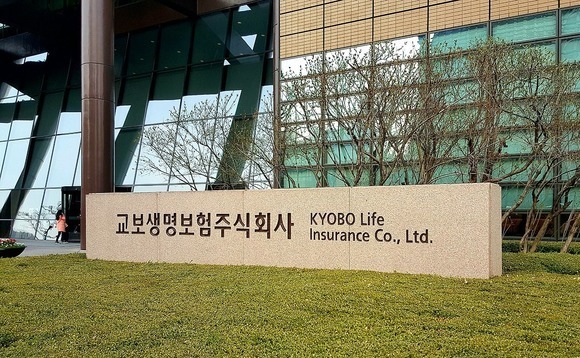
Kyobo Life arbitration favors GPs, but resolution still elusive

A private equity consortium's right to enforce a put option against the chairman of Korea's Kyobo Life Insurance has been upheld following arbitration, though the ruling stopped short of endorsing a price for the transaction.
Both sides claimed the process – run by the International Chamber of Commerce (ICC) – represented a victory, but the impasse remains some distance, and perhaps several years, away from a resolution. Six out of seven PE investors, that committed a combined KRW1.85 trillion ($1.6 billion) in equity between 2007 and 2012, are still waiting on an exit.
The arbitration involved a consortium comprising Affinity Equity Partners, Baring Private Equity Asia, IMM Private Equity, and GIC, which paid KRW1.2 trillion for a 24% stake in Kyobo Life in 2012. They – and, separately, Affirma Capital and Ontario Teachers' Pension Plan – exercised put options against the chairman, Chang-Jae Shin, in 2018, having lost faith that a promised IPO would ever materialize.
Under the investment agreement, Shin would buy back the consortium's shares at the cost of investment plus a certain return or at fair market value, whichever is higher, if there was no IPO by 2015. An appraisal by Deloitte found they should be taken out at KRW409,000 per share, putting Shin on the hook for around KRW2 trillion. Shin, who owns 33.8% of Kyobo Life, disputes this assessment.
Shin put forward two explanations for why he shouldn't have to honor the put: that the investment agreement – and therefore the put – was invalid; and that the put was improperly exercised. Both were rejected in the arbitration ruling, according to a statement released by the consortium.
In addition, Shin launched a separate legal action last year against Deloitte and two Affinity investment professionals, claiming they had colluded on the valuation appraisal. The ruling says there is no evidence of improper behavior, the statement added. The legal action is ongoing.
Shin has been ordered to pay 100% of the arbitration costs and 50% of the consortium's overall legal costs. A source close to the situation estimates that the consortium has spent around $25 million during the entire process. It requested arbitration in March 2019.
The investment agreement stated that, if a put option was exercised, the consortium and Shin each had to submit pricing appraisals within 30 days. Once this was done, an independent third party would commission another appraisal to be used as a baseline for arriving at a final price, the source explained. Shin did not submit an appraisal, believing the put to be invalid.
Consequently, the arbitration ruling declined to endorse Deloitte's recommendation of KRW409,000 per share. Rather, it said that Shin must appoint an appraiser, so a price can be arrived at via the normal process. On this basis, Kyobo Life claimed the arbitration had vindicated Shin's position.
A spokesperson for the insurance company told Mergermarket, AVCJ's sister title, that the case concerning alleged collusion between Deloitte and Affinity could be resolved by the end of the year. They added that, regarding the arbitration ruling, it is up to the consortium to make the next move.
The consortium will ask Shin to appoint an appraiser, the source close to the situation noted. Should the chairman not comply, it will initiate legal action against him. However, the source acknowledged this would push out the likely timeline for a resolution. A spokesperson for the consortium did not return requests for comment.
Founded in 1958 by Shin's father, Kyobo Life is Korea's second-largest domestic life insurer by premium income, with an 11.9% share at the end of 2020. It trails Samsung Life Insurance and sits ahead of Hanwa Life Insurance. Together, they account for nearly half of overall industry premiums.
The company's total assets were KRW111.5 trillion, up from KRW107.9 trillion in 2019. Premium income rose from KRW12.4 trillion to KRW14.3 trillion, while net income fell from KRW546 billion to KRW382.9 billion.
Latest News
Asian GPs slow implementation of ESG policies - survey
Asia-based private equity firms are assigning more dedicated resources to environment, social, and governance (ESG) programmes, but policy changes have slowed in the past 12 months, in part due to concerns raised internally and by LPs, according to a...
Singapore fintech start-up LXA gets $10m seed round
New Enterprise Associates (NEA) has led a USD 10m seed round for Singapore’s LXA, a financial technology start-up launched by a former Asia senior executive at The Blackstone Group.
India's InCred announces $60m round, claims unicorn status
Indian non-bank lender InCred Financial Services said it has received INR 5bn (USD 60m) at a valuation of at least USD 1bn from unnamed investors including “a global private equity fund.”
Insight leads $50m round for Australia's Roller
Insight Partners has led a USD 50m round for Australia’s Roller, a venue management software provider specializing in family fun parks.








